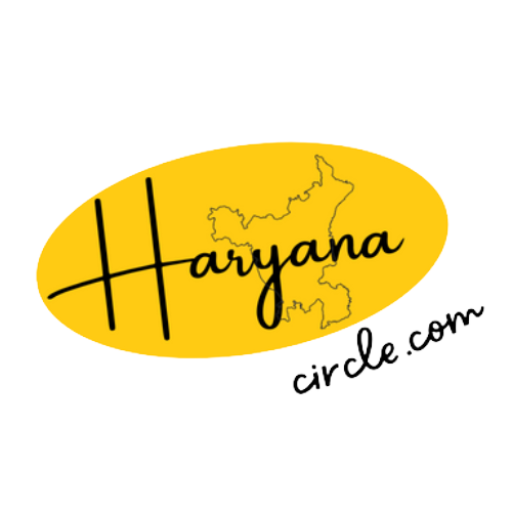[ad_1]
Contrary to the message drilled into us in 2020, I touch my face. I am trying to count exactly how many dry patches I have and whether or not they are larger than coins — questions I had never given thought to, before trying out SkinKraft’s questionnaire. This is a skin analysis, based on which the Telangana-based company curates customised skincare products.
The personalised beauty industry is finding a market in India with homegrown brands such as SkinKraft, Bare Anatomy, Freewill, Vedix and Forest Essentials dipping into the waters. The way these bespoke skincare and haircare brands operate is more or less similar.
How it works
They start with a detailed questionnaire on your skin/hair type, issues, and goals — incidentally, Vedix, which implements Ayurvedic philosophies, also asks about your memory, teeth and bowel movements; whereas FreeWill also takes into account the hardness of water you use to bathe. Post this analysis, they recommend regimen kits, containing different combinations of their products that they claim target the issues you have just described.
“Each skin type is unique,” says dermatologist Dr Jaishree Sharad, founder of Skinfiniti clinic in Mumbai.“Someone may have blemishes, or someone may be prone to acne despite having dry skin. So that is the disadvantage of regular products that are targeted at solving only one specific issue.”
“We thought the dermatologist’s way of solving an issue would be the best to replicate,” says Chaitanya Nallan, founder of SkinKraft, whose team comprises dermatologists and pharmaceutical scientists. “We are trying to identify how to make your skin more healthy, instead of solving just the surface symptoms,” he adds.
A system like his relies heavily on the data collected from people, using that to build more sample ‘skin profiles’ for the brand algorithm, which are then matched to appropriate products. “The variations in our products can happen at the base level, and the actives level. For example, for the same base, we can vary the percentage of ceramide used. This alone gives rise to 150 variations, on top of that, there are variations of fragrance and colour,” says Chaitanya.
Founder of Bare Anatomy Rohit Chawla believes that in this way, personalised beauty helps develop a holistic, sustainable solution. “Somebody selling anti dandruff shampoo may not regard the other data points that we collect. It could work for you, or could damage your hair in some other way — that is why we allow people to choose two additional goals for their hair,” he says. Though Bare Anatomy started with just haircare, last October, it has expanded to include skincare.
For regular brands, Rohit adds, the customer has to research the ingredients used, whereas here, the ingredients likely to help with the problem are presented up front. This also reduces waste.
“We are made to order. By making just the required amount, we reduce inventory. Our products last for six months, while most big brands’ last for three years. To do this they use a lot of chemical preservatives too. It’s like this — why would you want frozen pizza if you could have fresh pizza?” he says.
The small print
One simple answer for the financially conservative would be the vast difference in price points. Most bespoke brands sell their kits for ₹1,600-1,700 — these contain any three-set of cleansers, serums, moisturisers, night creams and so on. This could be a valid investment to make if you know the regimen works for sure — but as with everything, it’s a toss up the first time.
Dr Sharad is not convinced that a questionnaire, however extensive, will be enough to understand the skin’s needs.
“You need to get information about the person’s pre-existing conditions, hormone levels, menstrual cycles, the food they eat, the climate they live in, their sleep pattern. But even then, you need to see the skin and evaluate it,” she says.
Forest Essentials does the next best thing, where they get an Ayurvedic professional to call the consumer. However, they charge ₹2,000 for this consultation, which gets reimbursed only if you buy their products.
Both Rohit and Chaitanya recognise this as a limitation. “Yes, there are times that people just guess the best answer and move to the next question. That’s why we have added illustrations to each question. We also take customer surveys and feedback constantly, based on which we tweak the next formula,” says Rohit.
“I think it’s a great concept but so far in India, it’s still in the womb,” says Dr Sharad.
[ad_2]
The growing industry of personalised beauty brands in India



